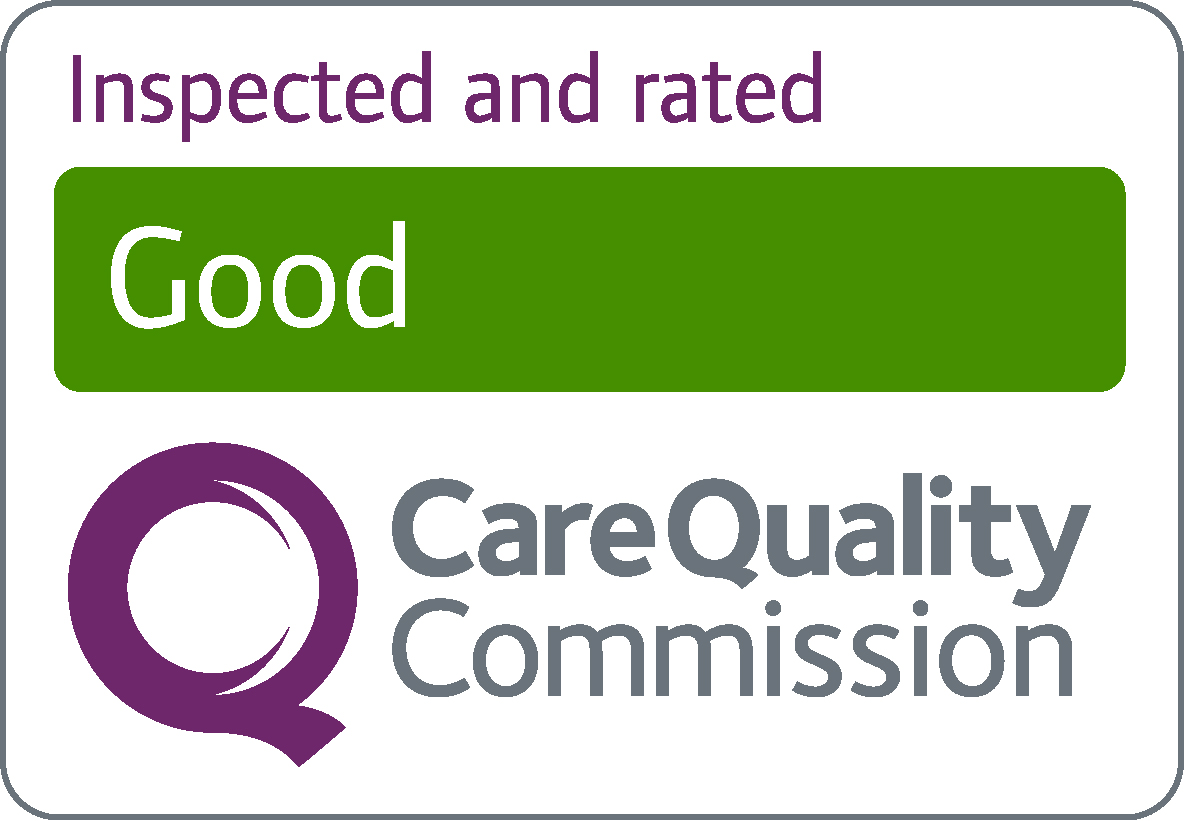September 25, 2025
Iron deficiency anaemia symptoms, causes and treatment option.
Iron Deficiency Anaemia (IDA) is the most common type of anaemia in the UK and around the world. It happens when the body doesn’t have enough iron. Without enough iron, the body can’t make enough haemoglobin — the part of red blood cells that carries oxygen. At Chequers Health, patients are given clear information about what causes iron deficiency, the early signs to look out for, and the safe and effective treatments available.
What is Iron Deficiency Anaemia?
Iron is important for making healthy red blood cells. Without enough iron, the body can’t produce enough haemoglobin, the part of red blood cells that carries oxygen. This means the blood can’t deliver oxygen properly around the body. As a result, patients may feel very tired (fatigue), short of breath, and may develop other health problems.
Common Causes
In the UK, the common causes of iron deficiency are:
- Blood loss – heavy periods, bleeding in the stomach or gut (for example from ulcers or growths), or blood loss after surgery or injury.
- Increased need for iron – during pregnancy or times of rapid growth in babies, children, and teenagers.
- Not enough iron in the diet – not eating enough foods that contain iron.
- Poor absorption of iron – some gut conditions (like coeliac disease or inflammatory bowel disease) or previous stomach surgery can stop the body absorbing iron properly.
Symptoms of Iron Deficiency Anaemia
Iron deficiency anaemia may be develop silently Look out the signs:
- Constant unrefreshed fatigue
- Pallor of skin or conjunctiva which is obvious
- Torn nails and falling hair
- Shortness of breath with medium exercise (climbing up a set of stairs)
- Sometimes dizziness/light-headedness
- Restless legs syndrome or restless legs syndrome at the time of going to bed
When untreated, anaemia can put a strain on the heart, cause problems in pregnancy and retard the growth of children.
Investigative Strategy
The usual request of haematologists or general practitioners is:
- A Full Blood Count (FBC) measures the level of haemoglobin and the number of small, pale red blood cells.
- The estimation of total body iron reserve by the ferritin level in serum
- Measurement of circulating iron and transferrin saturation, using iron panel
- Based on these findings, endoscopic or colonoscopy exams are recommendable to identify a possible source of gastrointestinal bleeding.
- Management: Oral Iron VS IV Iron
- The goal of treatment is to raise iron levels and address the underlying cause of the deficiency.
Oral Iron Supplements
- The only initial course of action of most people.
- Take on an empty stomach, and with vitamin C (like orange juice) to obtain the maximum absorption
- Mild side effects are occasional mild constipation, altered bowel movements such as darkened stool, and gastrointestinal indiscretion.
IV Infusion Iron
- Use is warranted in the case that oral supplementation fails or is unacceptable, or when rapid restoration of iron levels is clinically indicated.
- Management is restricted to a hospital or outpatient clinic setting where monitoring of effectiveness and safety is possible.
Dietary Support
- Increase dietary iron by eating more red meat, poultry, oily fish, lentils, spinach and fortified cereals.
- Discontinue combined drinking of tea, coffee, and frequent serving of a large amount of dairy products during meals, which should reduce iron absorption.
When to turn to a doctor
- Unexplained tiredness or fatigue that lasts a long time
- Heavy or prolonged periods (menorrhagia)
- Shortness of breath during activities that normally wouldn’t make you breathless
- No improvement in symptoms even after several weeks of taking iron supplements
FAQs
No. Without treatment it tends to get worse. Replacement therapy for Iron is usually required
You may start feeling better within 2 to 4 weeks, but it can take 3 to 6 months to fully restore your iron levels if you follow the treatment properly.
IV iron infusions are well-tolerated, although there are the occasional adverse reactions, such as allergies; however, this treatment is normally administered under medical supervision.
Mild iron-deficiency anaemia can be improved with dietary change, however moderate and severe cases normally require oral or intravenous stores.
Ferritin can also be described as a biomarker that is a measure of the proportion of iron in a body whereas haemoglobin is a measure of the proportion of the oxygen wagering protein, found inside the red blood cells in the bloodstream.
Have questions? Get in touch
If you would like to learn more about anything you’ve read here, our team at Chequers is happy to help. You can speak with us directly by calling 01204 928850, or book an appointment easily through our website. Your questions and concerns matter and we’re here to support you every step of the way.


